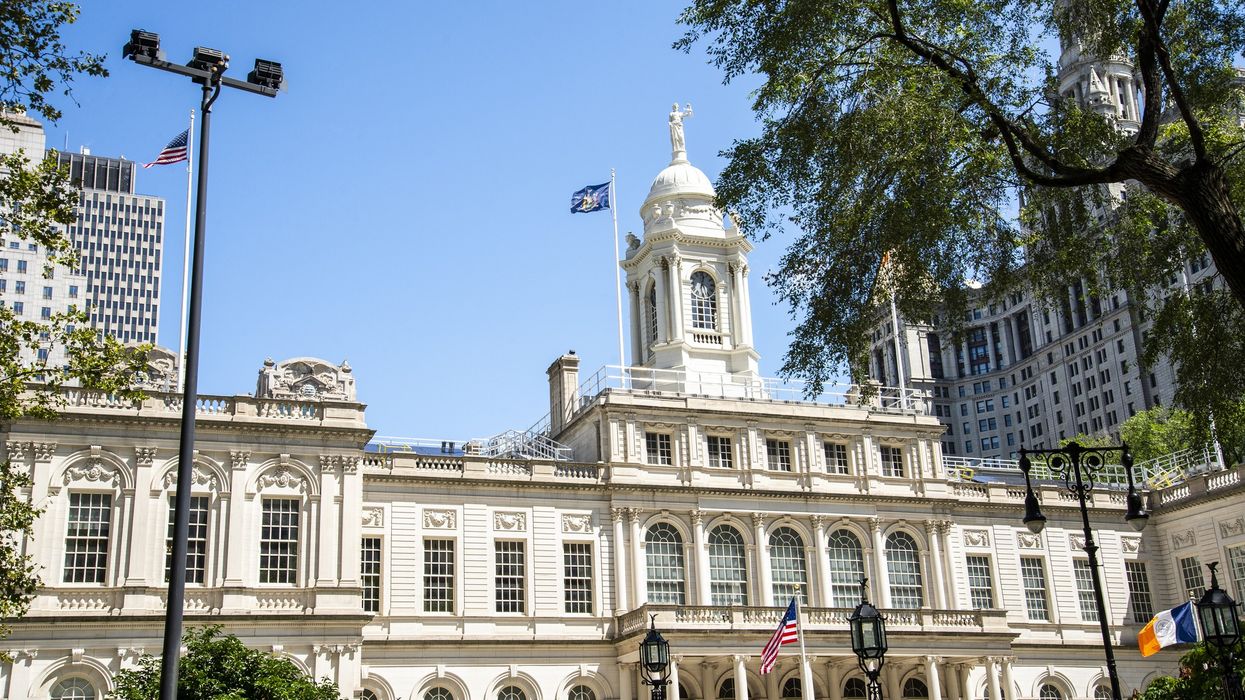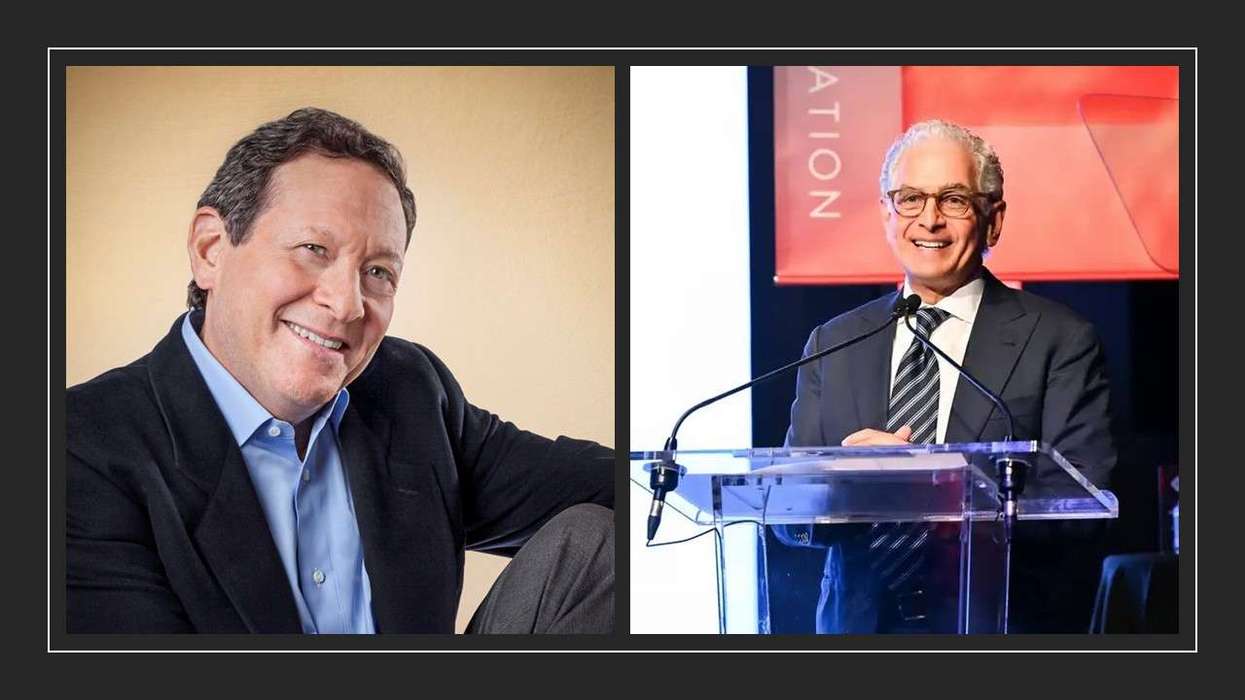THE NEW YORK City Council postponed a hearing, originally scheduled for July 30, on the "Safe Hotels Act" bill in response to protests from industry associations and hotel owners. The American Hotel & Lodging Association and AAHOA argued that the bill would disrupt their members’ businesses and significantly harm the city’s nearly 700 hotels and approximately 265,000 employees.
The associations welcomed the delay, allowing more time for feedback before the legislative process continues.
“Over the last 10 days, NYC’s hotel industry and the tourism economy have rallied to speak with one voice and resoundingly make clear that the Hotel Licensing bill introduced in the City Council has the potential to devastate New York City’s hotel industry,” said Kevin Carey, AHLA’s interim president and CEO. “We are grateful for the support of our members, hotel industry coalition partners, and our allies in the restaurant and real estate community for helping to avert an economic disaster in New York City that no one wants.”
Councilwoman Julie Menin delayed consideration of the bill and agreed to work with AHLA and others on a way forward, Carey said.
Safe hotels
The Safe Hotels Act would require hotels to obtain additional licenses to operate in the city, targeting non-union hotels in the country’s third-largest lodging market. It would also mandate that all hotel owners be treated as joint employers with hotel operators and impose strict requirements on various hotel staffing functions.
“AAHOA applauds the New York City Council’s announcement to postpone the hearing for the Safe Hotels Act, which should allow industry stakeholders and NYC government officials to further and properly discuss the implications of the bill,” the association shared on X.
"We commend Councilwoman Menin and the New York City Council for recognizing the need for a more measured approach to the Safe Hotels Act," said Miraj Patel, AAHOA’s chairman. "This postponement allows for a thorough discussion of the bill's implications, ensuring that any new laws consider the unique operational needs of New York City hotels and the current labor market. Fast-tracking such significant legislation without consulting hoteliers is counterproductive, as it fails to account for the real-world impact on our industry."
Menin said she wanted to use the time to "work with partners in government, labor and industry stakeholders" on the bill. She had earlier noted that the proposed legislation partly arises from complaints about hotels more than doubling in the city over the past four years.
“After speaking with @NYHTC and @HANYCINC, I have decided to reschedule the upcoming hearing on the Safe Hotels Act to allow more time for feedback before taking the next step in the legislative committee process,” Menin wrote on X.
"Shout out to the Hotel Association of NYC, Inc., the NYC Hospitality Alliance, the Real Estate Board of NY, American Hotel & Lodging Association, AAHOA regional director Preyas Patel, and all of our local NY AAHOA Members for quickly coming together to raise concerns and request more time for feedback," said Laura Lee Blake, AAHOAs president & CEO. "Your prompt response halted a rush to passage. This will now allow appropriate measures to craft policies that support public safety and the hospitality industry's economic health. We look forward to working with the NYC Council and industry stakeholders to develop balanced solutions that address workforce challenges and uphold safety and service standards."
The bill's sponsors previously claimed that it addresses several issues, including prohibiting hotels from using subcontractors for core functions, setting minimum hygiene standards and implementing policies to prevent prostitution and human trafficking.
However, according to the associations, the bill would impose onerous staffing requirements on hotels, mandate disruptive rules for hotel restaurants, threaten the franchise business model and force some hotel owners to divest their properties.
Editor’s note: This story has been updated to include AAHOA’s response.






